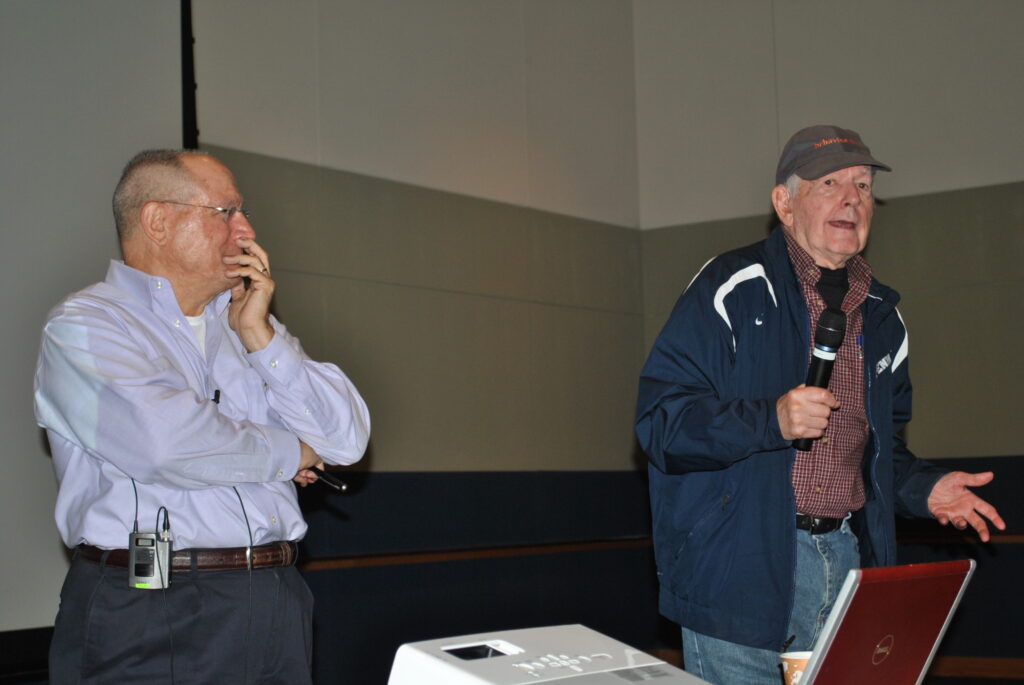
In 2008, Jack Michael received a special recognition from the National Autism Conference for Outstanding Contributions to the Field of Behavior Analysis. Jack has told many people that the National Autism Conference was one of his favorite events of the year. His presence certainly enriched the quality of our conference. He will be missed by his many friends in Pennsylvania.
Beyond his contributions to our conference, Jack’s work has greatly influenced the development of effective autism interventions in Pennsylvania and around the world. He played a central role in promoting the adoption of an analysis of verbal behavior as a component of interventions for individuals with Autism Spectrum Disorders. His concise and practical description of the role of motivating operations in human behavior has led to a range of important design considerations relevant to education at all levels. As a teacher at Western Michigan University, Jack supervised the development of many key figures in the field of behavior analysis and autism treatments. A list of some of those individuals, who have presented at our conference, include Mark Sundberg, Brian Iwata, Caio Miguel, Barb Esch, John Esch, Hank Schlinger, Sarah Lechago, Anna Pettersdottir, Jerry Shook, and Jon Bailey, among others. His work has made possible the clinical applications presented at our conference through the work of Vince Carbone, Pat McGreevey, and Francesca Degli Espinosa. He directly or indirectly mentored more editors and associate editors of the Journal of Applied Behavior Analysis than any other individual. His book, “Concepts and Principles of Behavior Analysis,” is an often used resource for those whose practice is guided by an empirical analysis.
Jack’s humor, caring, and dogged pursuit of exactitude in behavior analytic practice has been so important to so many people. One’s of Jack’s favorite movies was Casablanca. He loved the scene where there is defiant singing of the ‘Marseilles.’ Jack took to the effort to promote behavior analysis in a way that was mentioned in the movie: “Welcome back to the fight. This time I know our side will win.” Perhaps it is best to end by simply saying, “Here’s looking at you, kid.”
